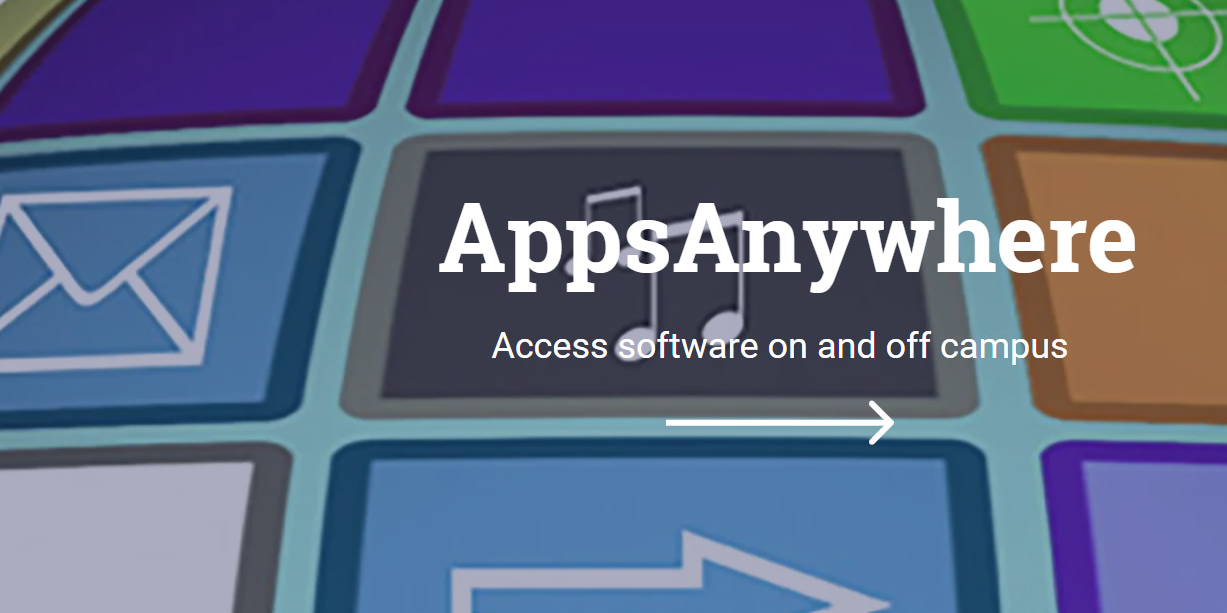
Supporting learners with general learning differences
Supporting students with general learning difficulties—such as challenges with memory, concentration, processing speed, or comprehension—is essential for creating an inclusive and empowering university experience. These difficulties may not fall under specific diagnoses but still impact learning in meaningful ways.
Focus on strengths of a individual and support them to thrive,
- Meet students where they are: Learning difficulties vary widely—flexibility and empathy go a long way.
- Clarity is kindness: Clear instructions, structured content, and predictable routines help reduce cognitive load.
- Support: Adjustments should enable access without lowering academic expectations.
Good Practises
Advice on good practises and inclusive teaching and assessments.
Recommendations for teaching:
-
Use visual aids, diagrams, and summaries to reinforce key points
-
Provide materials in advance and highlight essential readings
-
Break sessions into short, focused segments with regular recaps
-
Encourage use of recording tools or offer lecture capture
-
Offer clear, step-by-step instructions with examples
-
Allow extended deadlines or staged submissions
-
Use formative feedback to guide improvement
-
Provide assignment checklists to support planning and organisation
-
Promote access to study skills workshops
-
Encourage use of assistive technology (e.g. speech-to-text, mind-mapping tools)
-
Be open to alternative formats for presentations or participation
- Work with the Accessibility, Disability & Inclusion team for tailored support plans and guidance.
Reasonable adjustments (not registered with A,D &I)
We recognise that specific learning differences can significantly impact a student’s ability to engage with academic tasks. Even when a student is not formally registered with the University's Accessibility, Disability & Inclusion (A,D&I) team, reasonable adjustments may still be appropriate to ensure equitable access to learning and assessment.
Examples of Reasonable Adjustments
Extensions on assessments:
- A 7-day extension on written assignments to help manage periods of heightened stress or reduced concentration.
Exam and In-Class Support:
- Additional time to complete exams or in-class assessments.
- Scheduled rest breaks to support focus and emotional regulation.
These adjustments are designed to reduce barriers and empower students to perform to their full potential. Staff are encouraged to take a proactive, compassionate approach and liaise with our Accessibility, disability & inclusion team when needed.


/prod01/wlvacuk/media/departments/digital-content-and-communications/images-2024/Architecture-students-tree-planting.png)
/prod01/wlvacuk/media/departments/digital-content-and-communications/images-2024/250630-SciFest-1-group-photo-resized-800x450.png)
/prod01/wlvacuk/media/departments/digital-content-and-communications/submitted-news-images/Way-youth-zone-August.JPG)
/prod01/wlvacuk/media/departments/digital-content-and-communications/images-2024/Arthi-Arunasalam-teaser.jpg)
/prod01/wlvacuk/media/departments/digital-content-and-communications/submitted-news-images/Muslim-woman-playing-football.jpg)
/prod01/wlvacuk/media/departments/digital-content-and-communications/submitted-news-images/Business-School-800x450.jpg)
/prod01/wlvacuk/media/departments/digital-content-and-communications/submitted-news-images/University-of-the-Year.jpg)
/prod01/wlvacuk/media/departments/student-support-and-wellbeing/images/shared-image.jfif)

